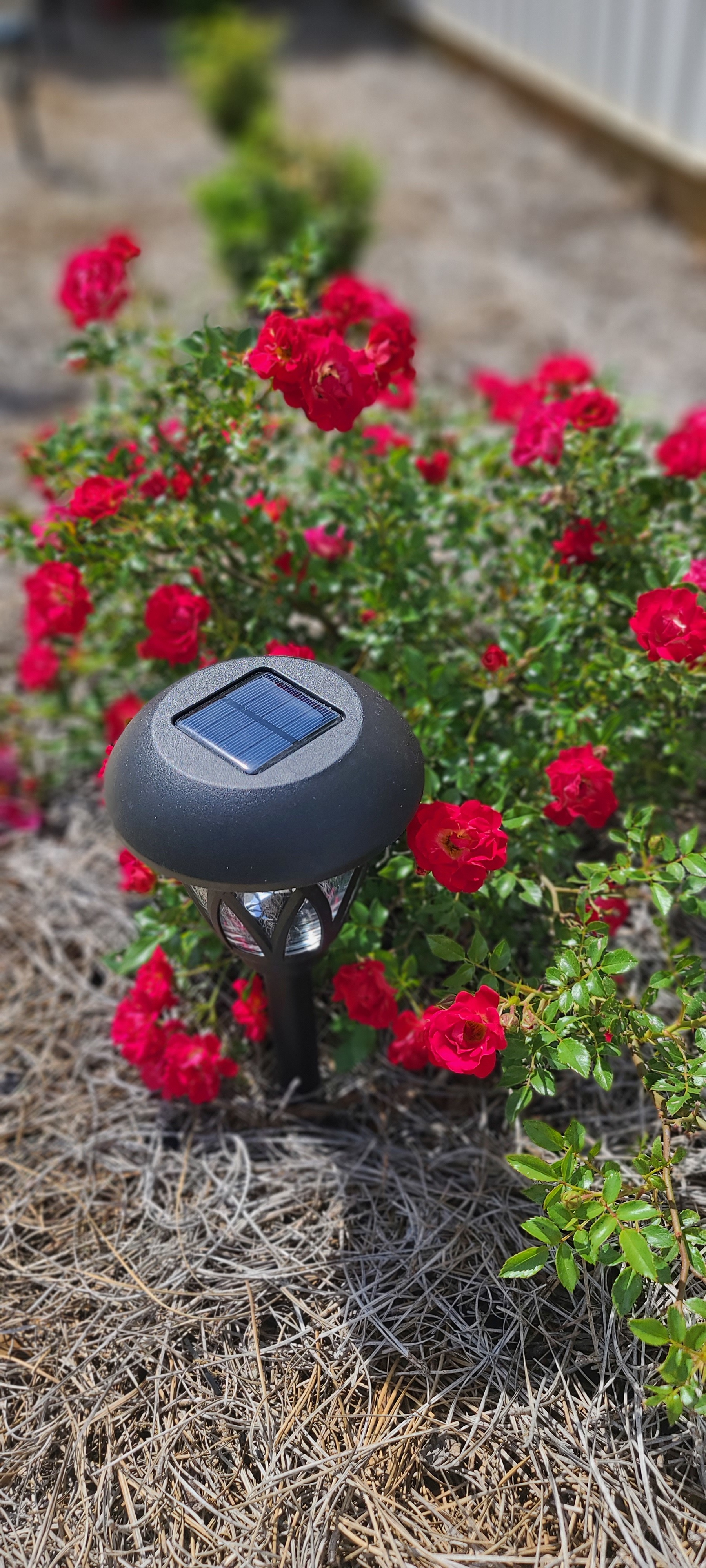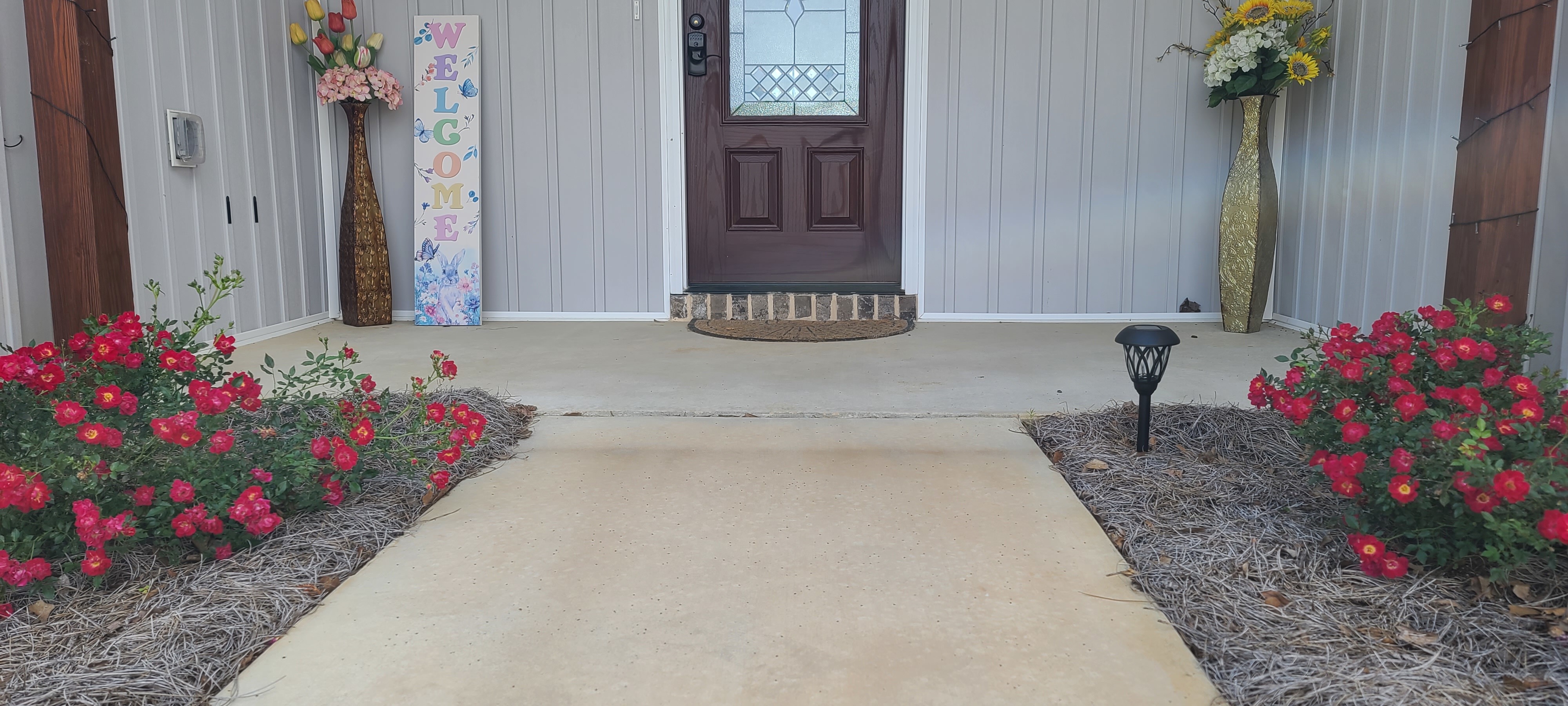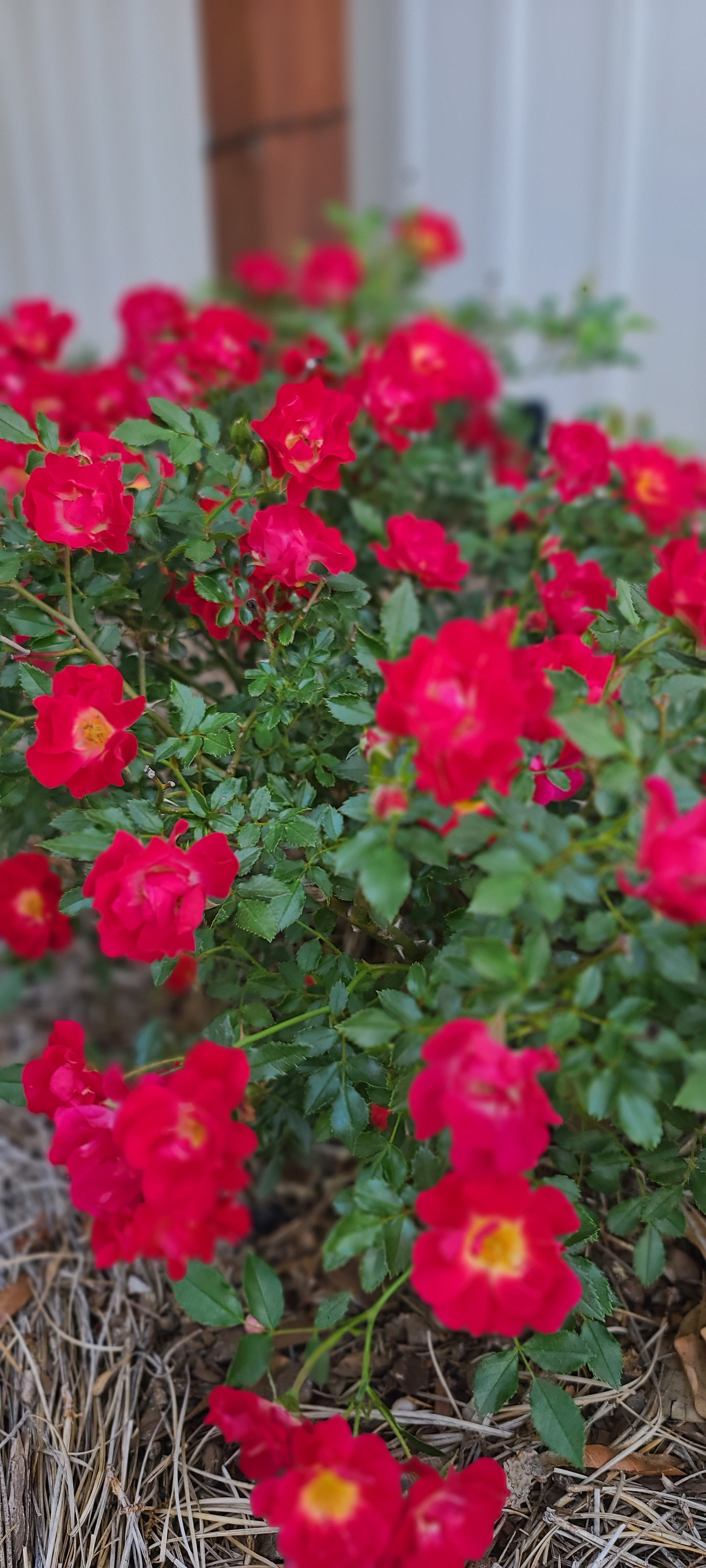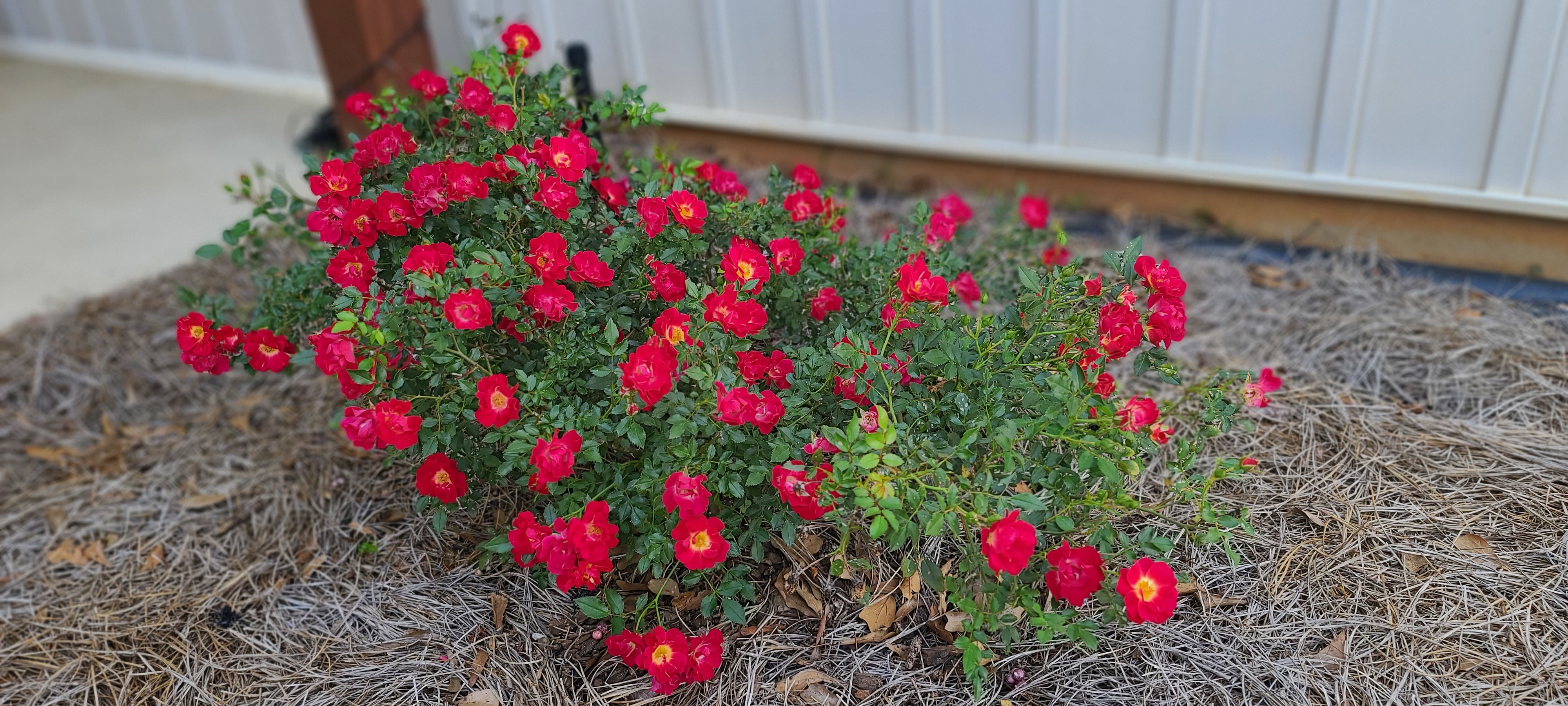As for making my own cleaning products, I haven’t personally tried it, but here is what I searched online: common ingredients for homemade cleaners include baking soda, white vinegar, hydrogen peroxide, and essential oils. These natural ingredients are less harmful to the environment and can be effective for various cleaning tasks.
If you’re interested in creating your own eco-friendly cleaning products, here’s another simple recipe for an all-purpose cleaner I found:
Mix equal parts of white vinegar and water in a spray bottle.
Add the rind of a citrus fruit, like lemon, for a fresh scent.
Let the mixture sit for a few days before using it to clean non-porous surfaces.
Remember to exercise caution when mixing different ingredients, as some combinations can be harmful. For example, NEVER mix bleach and vinegar, as it can create toxic chlorine gas. Always test homemade cleaners in small areas first to ensure they do not damage surfaces.
HAPPY ECO-CLEANING!



